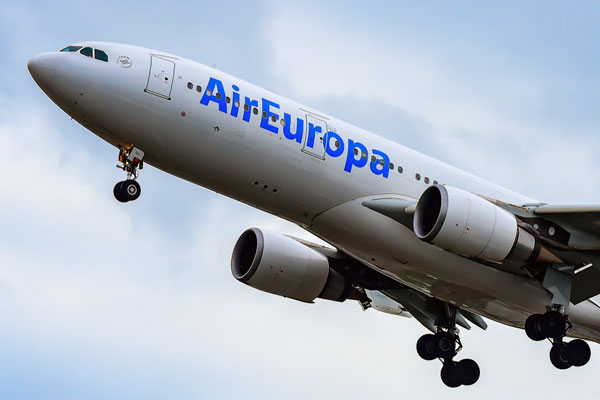In the wake of increasing competition on a global scale, European aviation leaders are vocalising the urgent need for consolidation within the sector. Key figures from renowned airlines argue that merging is crucial to maintain competitiveness and ensure long-term sustainability in the market.
Aviation executives from leading groups, such as IAG and Ryanair, have emphasised the urgent need for consolidation within the European airline sector. At the Airlines for Europe (A4E) Summit in Brussels, IAG’s chief executive insisted that without this move, the European aviation market may face severe challenges in maintaining competitiveness. This sentiment resonates across the industry amid growing pressures.
IAG, the parent company of British Airways and Iberia, continues to make strategic moves with a €400-million bid to acquire Air Europa. The European Commission, however, perceives significant challenges before approving this acquisition. Such acquisitions are seen by IAG’s leadership as crucial in ensuring their ability to compete on a global stage, highlighting the necessity of regulatory support in these ventures.
Regulatory approval remains a critical hurdle for many airline mergers. The European Commission’s hesitation poses significant delays, impacting strategic opportunities. The complexities of mergers require exhaustive scrutiny to ensure fair competition and prevent market dominance, yet industry leaders argue the need for a balance that would allow growth and viability in the face of international competition.
Notably, Ryanair’s CEO, though not actively pursuing mergers and acquisitions, acknowledges the positive outcome of past airline mergers. He cites examples like Swiss and Austrian Airlines thriving post-merger with Lufthansa. This supports the idea that while consolidation should be carefully navigated, it ultimately aids in strengthening individual airlines and the market as a whole. However, there remains a clear cry for more coherent policy frameworks.
The consequences of mergers and acquisitions extend beyond internal growth, affecting connectivity and service offering diversity in regions previously underserved. As demonstrated in Lufthansa’s acquisition endeavours, maintaining regional accessibility relies heavily on successful consolidation strategies. Such moves ensure that cities like Brussels continue to enjoy broad connectivity, potentially threatened without strategic mergers.
Air France-KLM and Lufthansa’s recent activities highlight ongoing hurdles that airline giants face. Acquiring stakes in Scandinavian and Portuguese airlines illuminates the multifaceted nature of such processes, impacted by government partnerships and cross-border regulations. The need for prompt resolutions that consider both competitive landscapes and consumer benefits remains a pertinent issue.
Ultimately, the future landscape of European aviation depends on efficient consolidation and regulatory cooperation. Industry leaders advocate for a streamlined process that champions both strategic growth and consumer choice. Approving these mergers is not just about maintaining current operations but ensuring readiness for future market demands, which hinges on unified and adaptable policy frameworks.
The future of European aviation relies heavily on the strategic consolidation of its airlines. With strong, unified efforts from both industry leaders and regulatory bodies, it’s possible to foster a more competitive and resilient market that meets the demands of an evolving global landscape.

